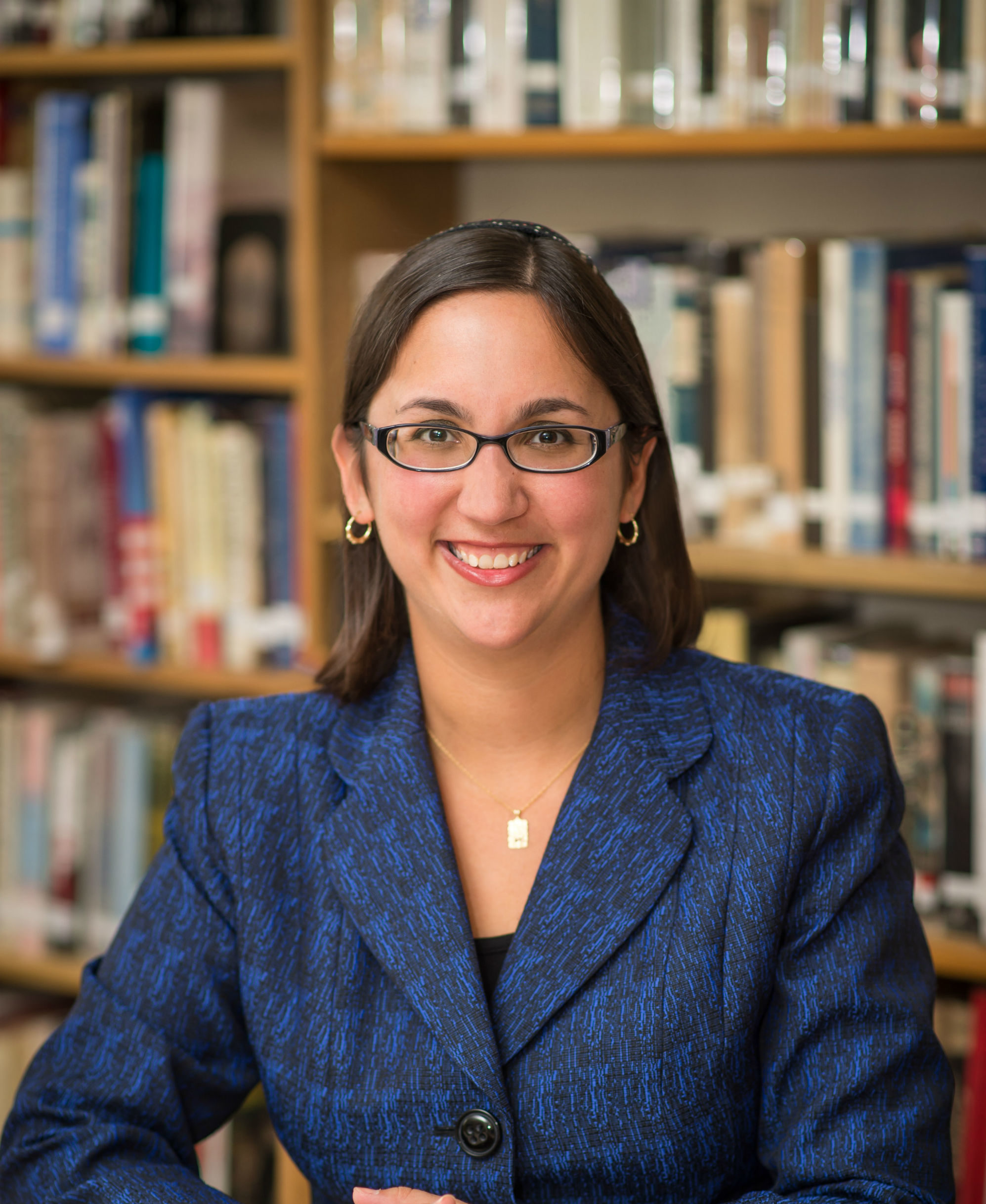When we read parashat Beshalach, most of our attention falls on the big miracle, the parting of the Red Sea. The Israelites celebrate with timbrel and dance, singing God’s praises for redeeming them from slavery. Given that, thousands of years later, we still commemorate this moment liturgically twice a day, one would think that the Israelites who witnessed it would never again question God’s power, or their own security.
But barely three days pass before the Israelites are in panic mode again. Several times in this Torah portion, the Israelites fear for their lives: enemies pursue them, they have no food to eat, and no clean water to drink. God responds to each of these crises: with military support, with manna to eat, and with sweet bark that transforms the bitter waters of Marah. God continues to perform miracles large and small for them, and with their most immediate needs met, the people’s faith is restored.
Encamped at Rephidim, the Israelites once again find themselves without water. God commands Moses to strike the rock to bring forth water for the Israelites. The place where the incident occurred is named Massah (Trial) and Meribah (Quarrel), because it was there that the people challenge Moses, saying, “Is the Eternal present among us or not?” (Exodus 17: 7).
Often, in a moment of crisis, the Israelites cry out to God, or lament that they were better off in Egypt. But it is only when they have no water to drink that they begin to lose their faith.
Today, most of us take potable water for granted. Most of us don’t have to draw water from a well, or allocate a limited water supply for drinking, cooking, and bathing.
But in some communities, right here in the United States, access to clean water is not a given. Many of us followed the crisis in Flint, Michigan, where for three years residents have been battling their government over lead-contaminated drinking water. There is also a lesser-known, more widespread crisis, in Michigan and across the country. Many people are having their water shut off when they fall behind on paying their water bill.
In Detroit, the water can be shut off if a resident is behind by $150 for more than two months. If the water gets shut off, residents need to pay $30 to reconnect, in addition to paying their bill. For many people living below the poverty line, this is just not possible.
Enter Tiffani Bell and Kristy Tillman. In 2014, they learned that thousands of residents in Detroit had had their water shut off, many of them low-income households, senior citizens, or single parents. Neither of them lived in Detroit. They didn’t know anything about municipal water supplies. They didn’t even know each other. But through a conversation on Twitter, they realized that there was something they could do as activists and computer scientists. They created a platform to connect poor residents of Detroit with people all over the country who were willing to help pay down the outstanding water bills.
The Detroit Water Project, now called The Human Utility, collects funds from donors and reviews applications from people who need help paying their water bill. They’ve also found ways to work with the local government and municipal offices to address some of the root causes of this crisis and policies that might alleviate the problem. They have now started a similar program in Baltimore and are exploring other cities where this system might be helpful.
Bell says of her work: “Water is an essential thing that we all need…. I visited this lady’s house, one of the people we had helped with the bills. … I was standing there talking to her about how much the project had helped her, and I heard one of the kids flushing the toilet in the background. That sound is something you and I might take for granted, but for that family, it was an important thing. “
Our parashah shows us that clean water is both a miracle and a basic human right. Either way The Human Utility provides us with a way to bring water to those who need it, and, perhaps, to restore their faith in miracles as well.
This edition of Torah from T’ruah is sponsored by Rabbi Joshua Waxman and Aimée Kahan in honor of the first anniversary of Yael’s bat mitzvah.
Rabbi Leah R. Berkowitz is the spiritual leader of Vassar Temple in Poughkeepsie, NY. You can follow her on Twitter @RabbiLRB and via her blog at thisiswhatarabbilookslike.

